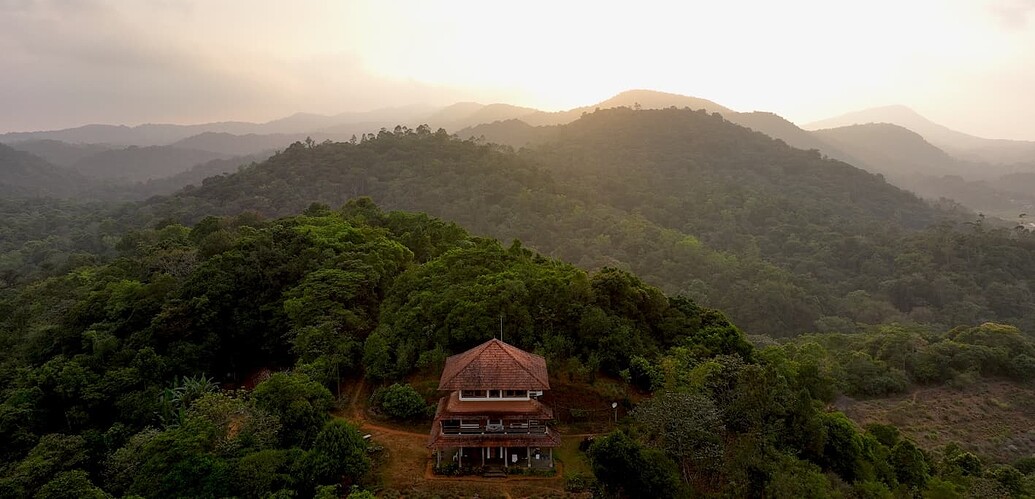সহাবস্থান (Sahābasthān, Bengali; English: Coexistence)
Greetings from the Rainmatter Foundation! It’s been a minute.
As I sit to write this, I grapple with mixed emotions. While I want to be elated to see how well our Sharing Cities campaign is being received, I come across a video of a wolf cub being bludgeoned to death in Uttar Pradesh. As we launch our first video of the “Living with…” series in collaboration with The Better India, the “Hula Party” in Bengal comes to light, which led to the killing of a pregnant elephant in Jhargram. Coexistence is a challenge in India, as in any part of the world. It is also crucial to build functional ecosystems and a nurturing relationship between human and non-human species, for the larger health of the planet. While we celebrate and learn from the many communities and organisations who continue to pave the way for tolerance and a shared landscape for all species, it is a long-winded path, navigated through meaningful collaboration, unlearning and reimagination.
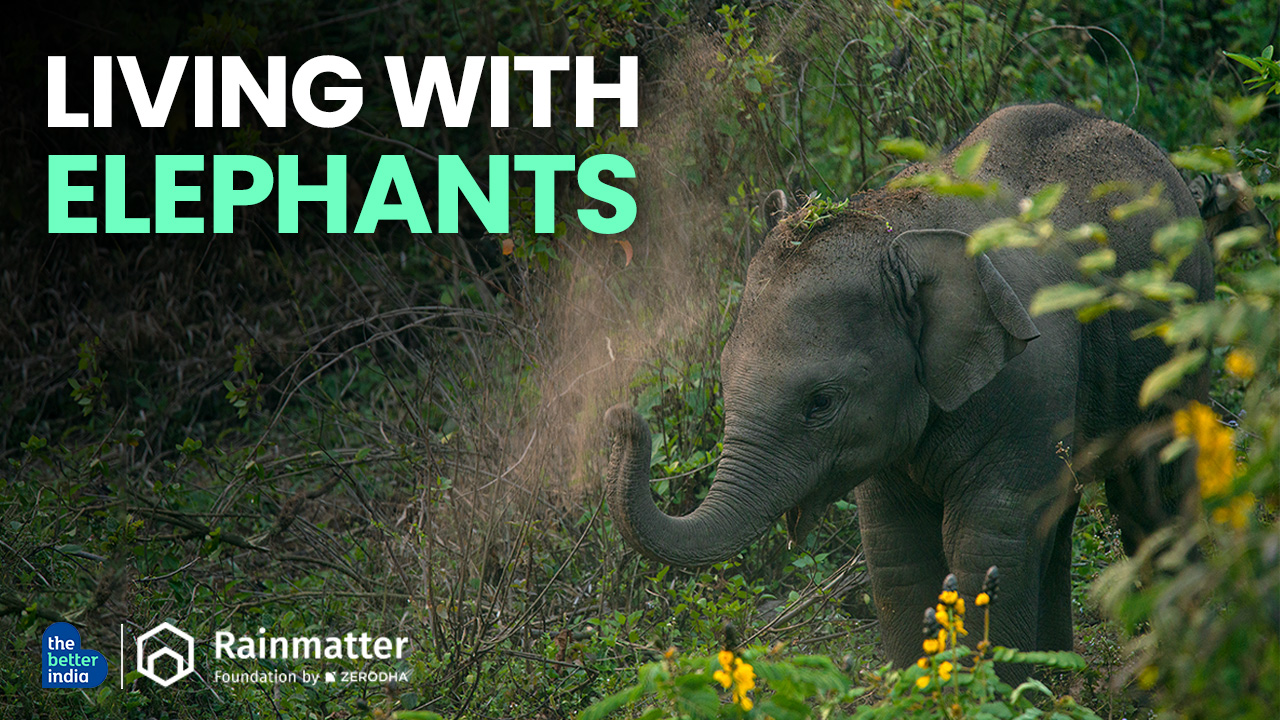
Watch here.
Through Rainmatter, we continue to work closely with organisations who see the criticality of human-animal/ human-nature coexistence as a building block to the larger goal of functional ecosystems leading to climate change mitigation. The Gurukula Botanical Sanctuary has been a preservation site for some of the rarest plant species, and takes a community-led approach to promote the wellbeing and resilience of humans and non-humans through the School of Ecological Nurturance. They also partner with fellow Rainmatter partners like the Hume Centre for Ecology to work on issues of human-animal coexistence. Another partner, A Rocha India has been working with communities in the Bannerghatta – Hosur Landscape in urban Bangalore to understand their connection with their land and wildlife, and address the issue of human-elephant conflict through innovative solutions in the Bannerghatta National park.
The International Conference On Human-Elephant Conflict Management, hosted by the Karnataka Government and the Karnataka Forest Department on the occasion of World Elephant Day last month, came at a pertinent time. A number of Rainmatter partners like A Rocha, Vidhi, NCF and the Shola Trust were knowledge partners for the conference which focused on sharing learnings from research in the field, strengthening inter-state coordination, and bringing together different stakeholders, and will soon be publishing a charter on the way forward.
However, conflict is closer and takes more forms than we think. “What amounts to conflict?” Gerry Martin, from the Liana Trust brings up during our conversation with snake experts and handlers. How does misconception and misinformation impact highly misunderstood species like snakes, so often found close to human settlements? All the information and outreach materials under the Sharing Cities campaign are available to access and download here. As part of Rainmatter’s Conservation thesis, we continue to work through partners, consortiums and governing bodies to ensure better shared spaces for humans and non-humans.
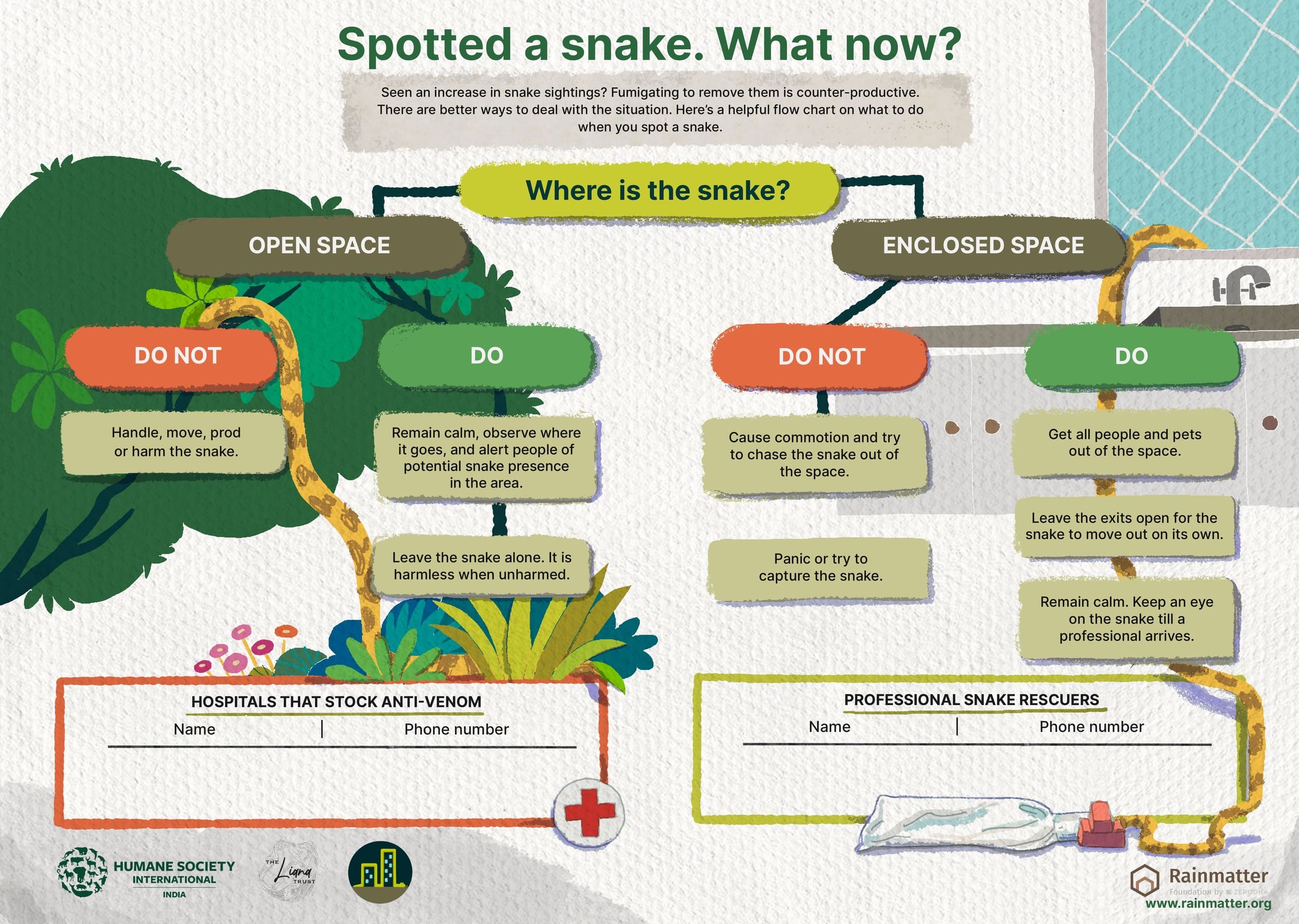
Updates from the Foundation
Our team is growing! We’ve had to bid byes to a few of our teammates as they explore newer roles in the climate space, but we continue to be grateful for their tremendous contribution. In the last few months, we’ve been joined by other enthusiastic, passionate people looking to expand the scope of our work. Nayantara Lakshman joins Sid in Conservation, Akshata Narayan is exploring the Construction thesis, Sathya Shankaran will be heading the Urban vertical, Siddharth Lahri will take on quite a bit as part of the CEO’s office, and Sailee Rane is the latest addition to our team, passionate about Ecosystem Messaging.
The Odisha Sandbox (OS), a joint initiative of Rainmatter and the Socratus Foundation, is pioneering the execution of a place-based economy approach known as the Situated Economy. OS emerged from the urgent need to address complex climate challenges that require localised and integrated responses. A Situated Economy framework requires application of Ecosystem Thinking, which brings together the communities, the State, CSOs, systems agents, and local influencers to develop, test and mainstream different responses. Odisha’s unique landscapes, diverse communities, and frequent exposure to climate-related disasters make it an ideal testing ground for innovative solutions that blend ecological, economic, and community-driven approaches.
While under Energy vertical, we focus on working towards net zero emissions and Energy Transition Preparedness initiatives, on the Materials front, the focus is on promoting a circular economy with key chases around solutions for textile waste, awareness about materials and promoting reduction in consumption. To this end, the Rainmatter team and members from Saahas, Waste Impact, Oorja and others, joined Surbhi from the Materials Library in an insightful afternoon exploring materials and circularity.
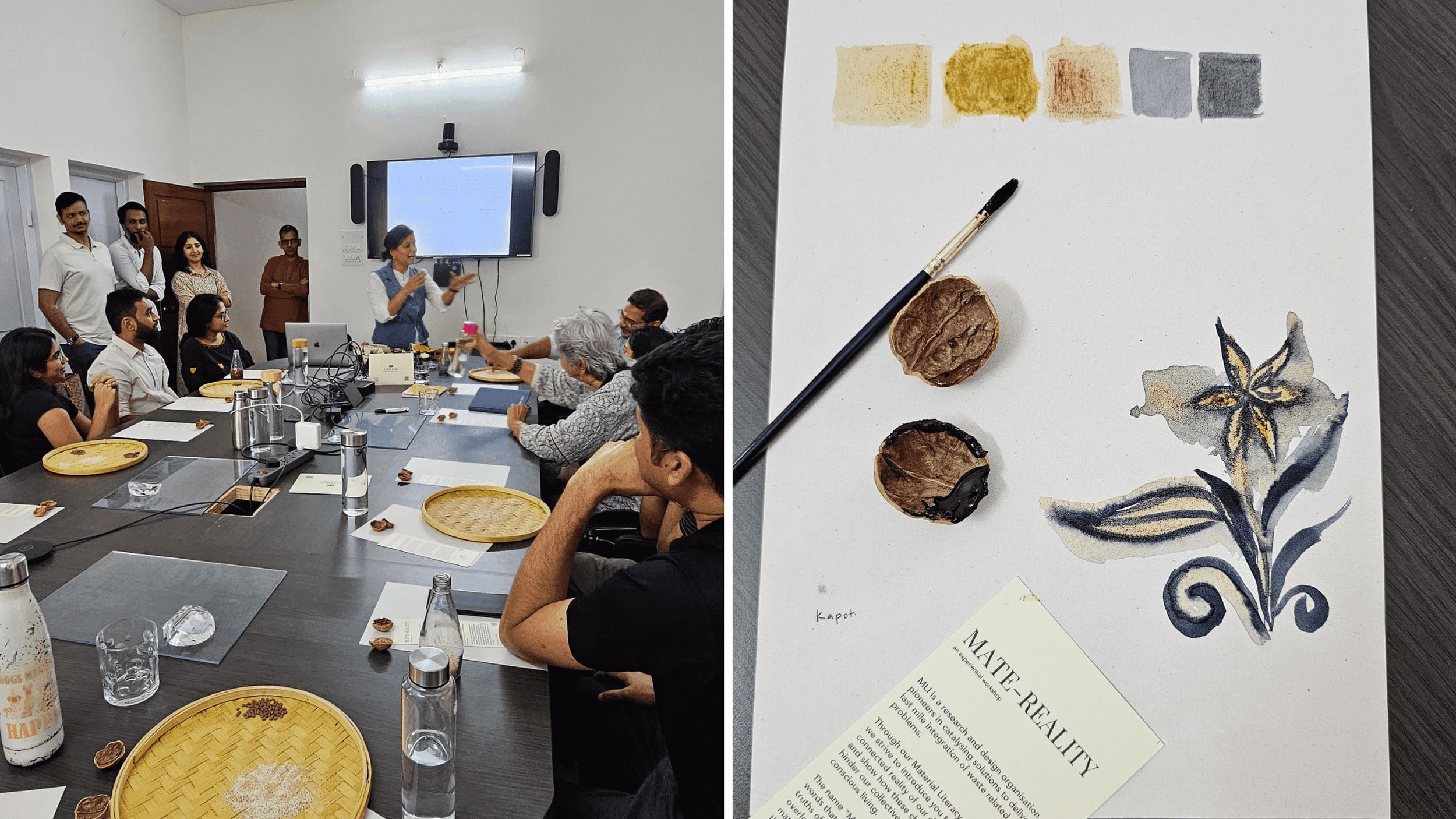
Material Literacy workshop by Shubhi Sachan at the Rainmatter office
As Rainmatter’s Urban Thesis comes together, Sathya speaks to Madhav Pai, CEO, WRI India, on India’s road to net zero (Watch – Energy, Buildings, What else can cities do?). Under Rainmatter’s ESG framework, the aim is to enhance the Quality of Life in cities by tackling Scope 1, 2, and 3 emissions. We’re keen to build a solid network of partners and stakeholders to keep climate at the centre of the idea of growth.
From the Community
In the aftermath of the Wayanad landslides that happened at the beginning of August 2024, our partners Vidhi, CRA and ATREE are spearheading a group that is working together to respond to the draft notification of the Eco Sensitive Zone Areas (ESA).
Our partners, BuzzWomen and SWMRT are co-developing the ‘Our Waste, Our Responsibility’ module to strengthen their climate action curriculum and facilitate a healthy living environment for people working on field.
In August, The Locavore worked with Climate and Policy Lab to publish an interview with Dr. Ruth DeFries, a celebrated environmental geographer and the co-founding dean of Columbia Climate School. She also founded the Network for Conserving Central India (NCCI) which strives to make millets easier to grow, process and thereby eat, for local communities.
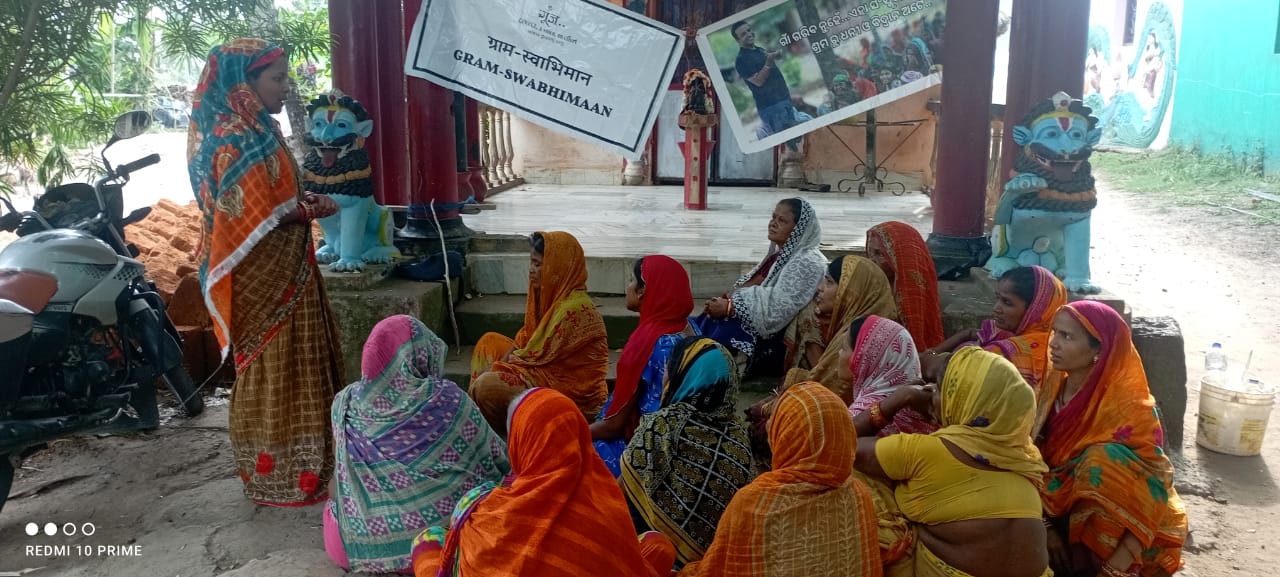
Gram Swabhiman session by Goonj in progress
Goonj’s Gram Swabhimaan fellowship team, in collaboration with Nature’s Club and Socratus, conducted a three-day workshop in the Kendrapara district for participants in preparation for taking the idea ahead in the 100 villages where they operate. The workshop was followed by on-ground training sessions in 11 villages within the Kendrapara district, with the Gram Vikas team also contributing to this initiative. This marked the successful completion of the six-month long Gram Swabhimaan fellowship.
Opportunities and upcoming events
The Bhoomi Network is organising The Children need nature conference, that aims to create a space for educators, parents, children, and educational pioneers to share research findings on the essential role of nature in our wellbeing
WRI’s flagship event, #ConnectKaro, happening on the 11th and 12th of September at the Habitat Centre in Delhi, features a diverse lineup of sessions. The two-day conference will explore themes like transformative urbanisation and green development, with sessions on climate action, clean energy transition, financing clean energy, food loss and waste, building healthy public spaces and streets, and much more.
RoundGlass Sustain is hiring: Associate, Marketing – Social Media and Community. Details here.
Civis is looking for Senior Associate, Governance role. Details here.
Parting shot
In India, a significant population of wildlife exists beyond our protected areas. Our communities have always shared their landscapes with their wild neighbours, and yet, this connect is being tested by ever increasing challenges. In these circumstances, adopting different approaches to coexistence is crucial. Here’s the story of Assam’s Hargila Army, a women-led conservation initiative to protect the greater adjutant stork.
Until next time, may your roads be auspicious
śubhāste panthānaḥ santu
Tanmayi
Team Rainmatter Foundation

